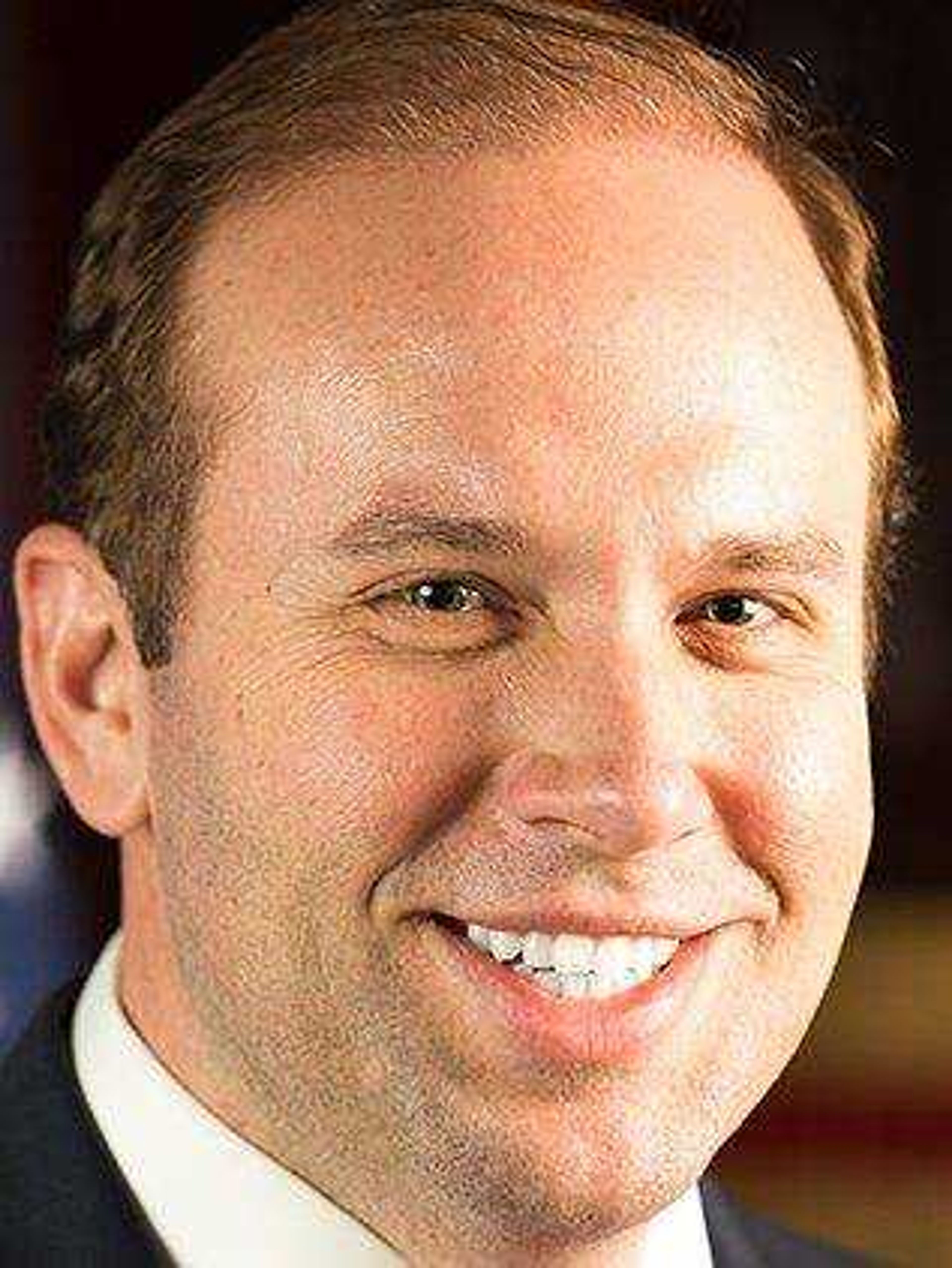Smith leads effort to pass insurance bill for dialysis patients
Dialysis patients would benefit from expanded insurance options under federal legislation President Barack Obama has said he will sign into law. U.S. Rep. Jason Smith, who represents the 8th Congressional District of Southeast and South Central Missouri, introduced the legislation...
Dialysis patients would benefit from expanded insurance options under federal legislation President Barack Obama has said he will sign into law.
U.S. Rep. Jason Smith, who represents the 8th Congressional District of Southeast and South Central Missouri, introduced the legislation.
The House of Representatives approved the measure by unanimous vote in September. The Senate approved it Wednesday as part of a broader bill.
The measure would remove a federal restriction that prevents patients with kidney failure from accessing high-quality, affordable health-care coverage they need, according to Smith’s office.
Under the measure, which had strong bipartisan support, kidney-failure patients would be able to enroll in Medicare Advantage plans.
Such plans are run by private insurance companies and combine Medicare Parts A and B (hospital and doctor coverage) with additional benefits, all in one plan.
Smith said in a statement he drafted the legislation after hearing from families in his district.
“For too long, some of the sickest Americans have been denied access to the quality health care that they desperately need. Patients suffering from kidney failure need better options when choosing the best health-care services during their road to recovery and should not face restrictions from the federal government,” he said after the Senate’s action.
Federal law allows most kidney-failure patients to enroll in Medicare before they turn 65, but those patients have been the only Medicare-eligible group that has been excluded from Medicare Advantage plans, according to the Dialysis Patient Citizens (DPC) organization.
Medicare Advantage or MA plans often include benefits that are not offered under Medicare, including case-management services that help assess patients’ needs, set health goals and provide ongoing support to patients.
The MA program also limits a patient’s out-of-pocket costs to $6,700 per year, while Medicare beneficiaries with kidney failure can face out-of-pocket costs of $15,000 per year or more, according to DPC.
More than 600,000 people in the U.S. suffer from kidney failure. Patients require 12 to 15 hours of dialysis therapy weekly, according to dialysis providers.
Dialysis patient Betty King of Malden, Missouri, wrote Smith earlier this year to voice support for the bill.
“Within the Medicare system, we do not have access to integrated care which would help to manage our health conditions better,” she wrote.
The legislation “would help me live a healthier life,” King wrote.
DPC officials praised Smith’s legislation.
“We are very happy,” Jackson Williams, director of government affairs for DPC, said Thursday.
Williams said DPC has been lobbying for such a measure for the past three years.
He predicted the measure will lead to better case management and fewer hospitalizations for dialysis patients.
While it is good news for dialysis patients, it won’t have an immediate impact, Williams said.
The measure won’t take effect until 2021, partly because government rules still have to be drafted to implement the legislation, he said.
“In Washington, that is kind of fast,” he said, adding it took four years for the government to set up health-insurance exchanges under the Affordable Care Act.
Williams said dialysis patients face a “tough life,” having to undergo dialysis three times a week.
According to DPC, the legislation will give dialysis patients the ability to choose the health-care coverage that is best for them.
mbliss@semissourian.com
(573) 388-3641
Connect with the Southeast Missourian Newsroom:
For corrections to this story or other insights for the editor, click here. To submit a letter to the editor, click here. To learn about the Southeast Missourian’s AI Policy, click here.










